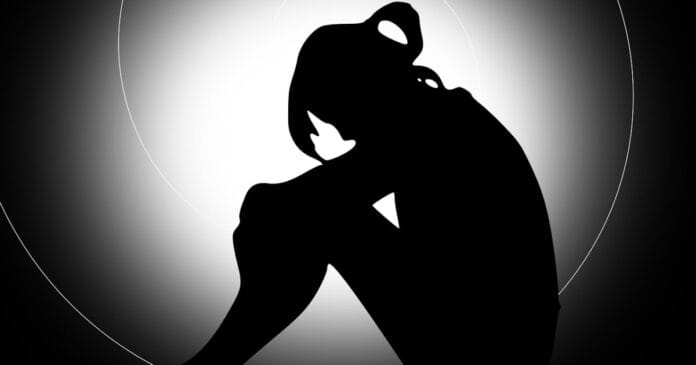A study involving more than 9 million patients in relation to the dispensing of prescription medications to treat mental health disorders in states with recreational and/or medical cannabis laws has revealed some interesting results.
In the USA, 22.8% of adults reported having at least one mental health disorder (MHD) in 2021 and 47.4% of individuals have reported receiving a diagnosis for an MHD at some stage of their lives. Aside from the direct impacts on individuals and their families, friends and colleagues, the financial impacts to broader society are huge; reportedly amounting to approximately USD $201 billion in 2013.
But in spite of prevalence and some reduction in stigma, among those reporting at least 1 MHD, only 65.4% received any treatment within the previous year.
Researchers from the Georgia Institute of Technology, University of Georgia and Indiana University carried out a cross-sectional study of 9,438,716 commercially insured patients to investigate the association of medical and recreational cannabis laws and dispensary openings with the dispensing of psychotropic medications. They looked at 5 medication classes: benzodiazepines, antidepressants, antipsychotics, barbiturates, and sleep medications.
While finding statistically significant reductions in benzodiazepine dispensing (-12.4% to – 15.2%) after boosted access to both medical and recreational cannabis, evidence suggests increases in other types of psychotropic dispensing, including antidepressants (3.8% – 8.8%) and antipsychotics.
Results were not consistent for barbiturates and sleep medications, and were often not significant at conventional levels.
Acknowledging several limitations of the study, the researchers’ findings suggest more clinical research is required to understand the association between cannabis use and mental health, as the results have implications for patient substance use and mental health–related outcomes.
“This may be particularly prudent in the case of antipsychotics, as there is a growing body of evidence indicating that cannabis use may be associated with early onset of psychosis, acute psychosis, and worsening of psychotic disorders,” they state.
Data on all patients dispensed prescriptions related to a period from January 1, 2007, to December 31, 2020, and statistical analysis was performed from September 2022 to November 2023.
The study, which was supported by Award R01DA047365 from the National Institute on Drug Abuse of the National Institutes of Health, has been published in JAMA Network Open.


